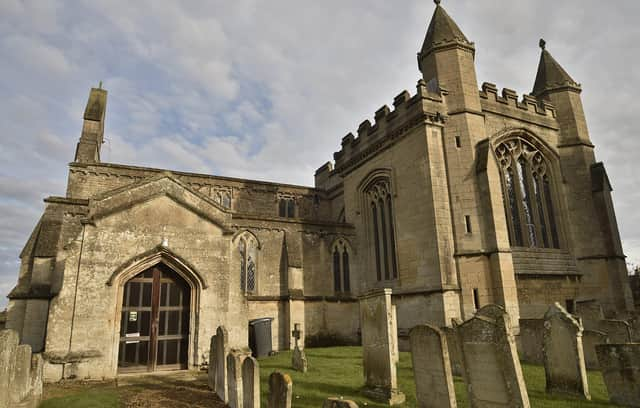The Church of St Andrew in Northborough was placed on the Historic England register earlier this week. The register highlights historic buildings and sites atht are at risk of being lost forever.
The 12th century church is at the heart of the village, and is the final resting place of Oliver Cromwell’s wife, as well as the wife of poet John Clare.
But centuries of weathering and use have left it in desperate of need of repair.
Speaking to the Peterborough Telegraph Rev Mark-Arron Tisdale said: “We need to spend £60,000 on drainage alone.
“The church has no guttering, and it is a Grade I listed building, so we are limited as to what we can do. We dare not put modern guttering on.
“The water table around here is very high, and the foundation is being ruined.
“The heating dates back to the 1950s and 60s, and is not really suitable.
“When we have events in the winter, we know the school, for example, don’t want to spend too much time here - there are times when you can see your own breath in here. We want to apply for under floor heating.
“Because of the age of the church, there is no running water, which means it is difficult to put on refreshments.
“The roof needs to be replaced, and the electrics are - relatively speaking - ancient.
“We also need to replace our sound system, so we can have a hearing loop in, for example.”
Rev Tisdale, who works at a number of churches in the area, said while some churches saw being put on the register as a sign of failure, for St Andrew it could be vital.
He said: “Some thing being put on the At Risk Register is a sign you have failed and don’t want to go on it. But it could be so important for us.
“It will mean we can jump up the queue for grants from the Lottery and English Heritage.
“Throughout the pandemic we have not been able to fundraise.
“Our congregation, which was around 50 is now around 25.
“They are very supportive but there is only so much they can do.”
Over the last year 24 historic buildings and sites in the East of England have been saved thanks to the determination of local communities, charities, owners, local councils and Historic England, who together want to see historic places restored and brought back to life, while this year 29 sites in the East of England have been added to the Register because of concerns about their condition. Over the past year, Historic England has offered £1.77m in grants to help some of the region’s best loved and most important historic sites.
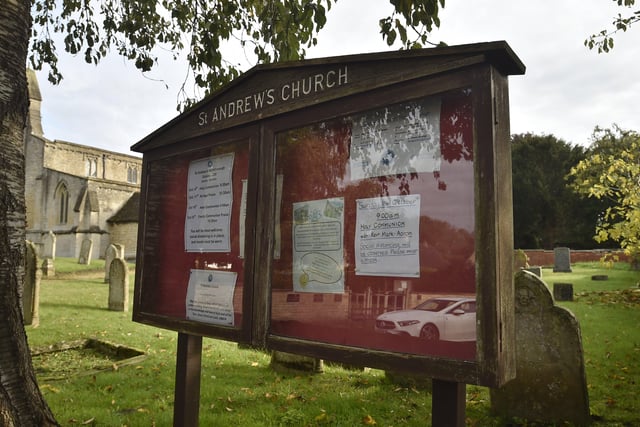
1. Historic England At Risk Register
Exteriors of St Andrew's Church, Northborough. EMN-201014-122954009 Photo: Midlands
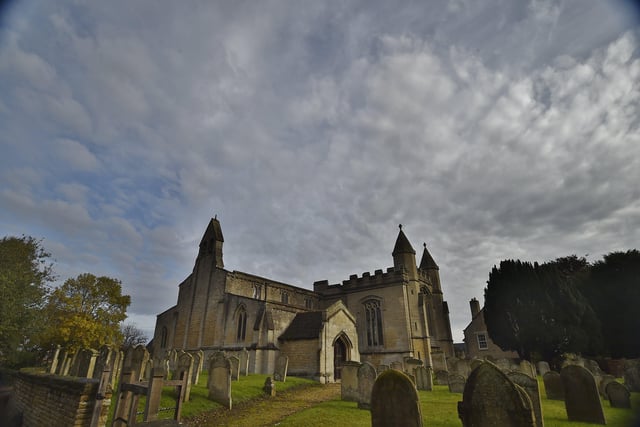
2. Historic England At Risk Register
Exteriors of St Andrew's Church, Northborough. EMN-201014-123005009 Photo: Midlands
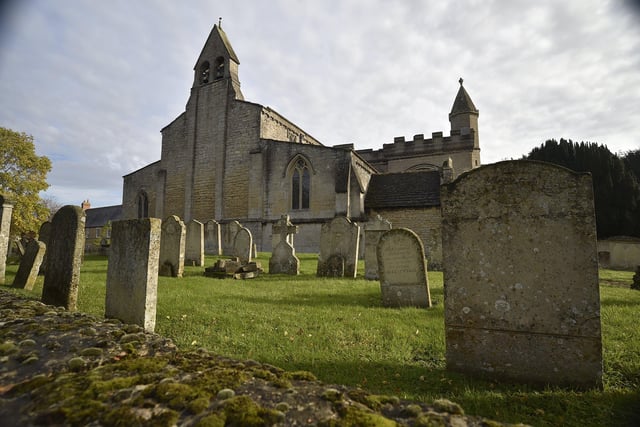
3. Historic England At Risk Register
Exteriors of St Andrew's Church, Northborough. EMN-201014-122910009 Photo: Midlands
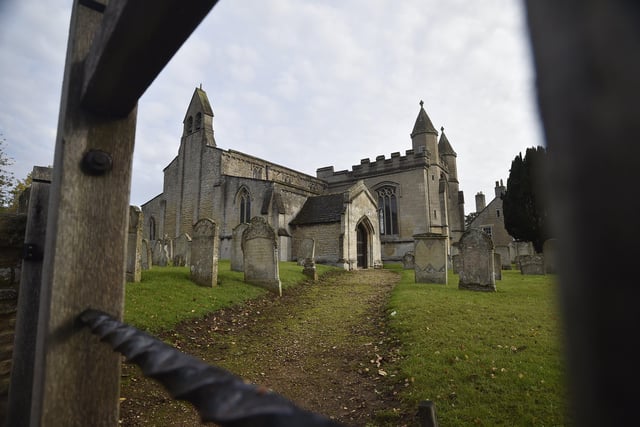
4. Historic England At Risk Register
Exteriors of St Andrew's Church, Northborough. EMN-201014-122921009 Photo: Midlands
